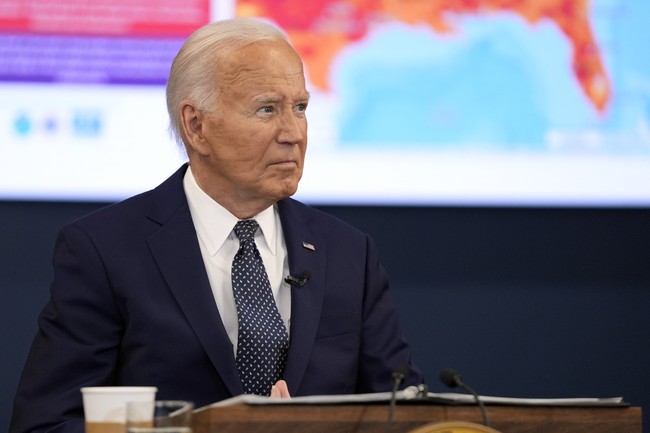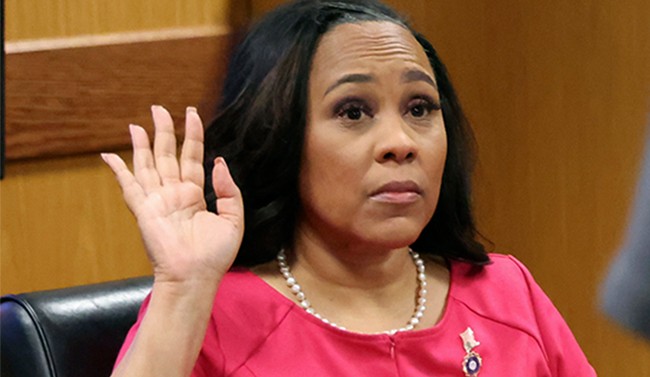Unveiling Biden's Presidency: Politics and Perceptions
Explore the intricate political landscape surrounding Joe Biden's presidency, with insights into media dynamics, government functions, and legacy considerations impacting the current administration.
Published December 21, 2024 - 00:12am

Image recovered from redstate.com
The presidency of Joe Biden is a complex tapestry woven from policy decisions, historical legacies, and the ever-present shadows of media perception and political scandals. Despite differing political perspectives, the diverse narrative threads paint a compelling picture of a leader navigating tumultuous waters at the pinnacle of American politics.
One of the most controversial aspects of Biden's presidency has been the intense media scrutiny regarding his capacity to lead, particularly in light of revelations concerning his health. A recent Wall Street Journal exposé drew significant attention, highlighting the support Biden allegedly required from aides to maintain daily presidential duties. This report sparked a firestorm of debate over transparency and accountability, echoing sentiments voiced across the media landscape.
Such revelations have fueled accusations from certain right-leaning media outlets that the Biden administration, along with mainstream media, has engaged in a vast cover-up of the president's physical and cognitive state. In a world where media narratives can shape public opinion swiftly, the silence of White House press briefings on these topics raises questions about the nature of information control within the administration.
Contrastingly, centrist and left-leaning perspectives focus more on Biden's political achievements rather than his personal frailties. They acknowledge the challenges he inherited, including a global pandemic and the withdrawal from Afghanistan, while emphasizing legislative victories in economic recovery plans. Some voices even compare Biden's political journey to tragic figures in history, who despite achieving significant milestones, are nonetheless overshadowed by the circumstances of their political exits.
As discussions swirl around Biden's leadership and potential transition of power, they are framed by broader geopolitical concerns. The media has reported on the implications of ongoing government funding struggles, which could complicate a peaceful transfer of power—should it be necessary. Commentary on this issue reveals a divided legislative branch and the intricacies of budget negotiations that hold ramifications for domestic and international policy.
Adding to the narrative is the ever-looming specter of Donald Trump, whose possible return to leadership is a topic rife with speculation. Trump's own critiques of the Biden administration further fuel the political discourse, as do the persistent questions regarding Biden's decision-making, exemplified by his handling of his son's legal controversies. This dynamic interplay of past and potential future administrations adds layers of complexity to Biden's legacy.
Biden's presidency is also being evaluated in the context of global economic and political stability. Under his leadership, the United States has seen a focus on repairing transatlantic alliances and solidifying its position within international frameworks. Despite these efforts, concerns remain over how a potential change in administration might realign these alliances and what such shifts could mean for global partnerships.
The narratives thus far suggest that Biden's political legacy will be defined not only by his policy initiatives and international strategies but also by the poignant questions of leadership optics and media portrayal. As the Biden era potentially wanes, the administration's endeavors to secure its achievements—and the narratives that shape them—will continue to be dissected by a global audience. The convergence of media, political strategy, and public inspection will undoubtedly persist, influencing how history perceives Joe Biden's time as President of the United States.






